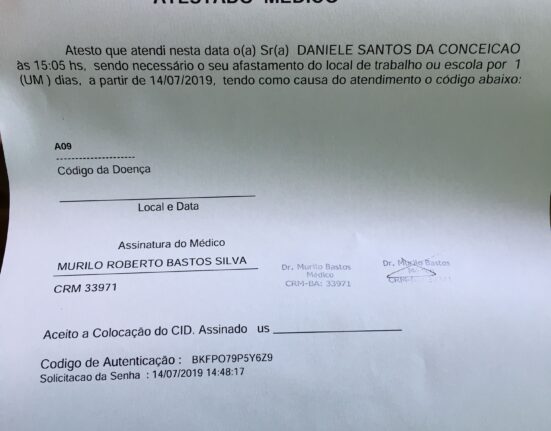—
Warning Signs
As the sun begins to shine and summer approaches, a looming threat shadows the UK. The UK Health Security Agency (UKHSA) has raised the alarm about a potential second wave of norovirus hitting during the warmer months.
Rising Cases
The latest data from UKHSA paints a concerning picture. Norovirus cases are surging across the country, reaching record levels not seen since 2014 when such reporting began. This spike is attributed to a shift in circulating strains, putting individuals who have already battled the virus this winter at risk once again.
Hospital and Care Home Impact
The impact is particularly harsh on hospitals and care homes, with individuals aged 65 and above bearing the brunt of the outbreak. Normally, cases tend to taper off as spring sets in, but this year seems different. Experts are hesitant to confirm if we have seen the peak of norovirus activity for this season.
Expert epidemiologist Amy Douglas underscores the gravity of the situation by stating, “Norovirus levels are still exceptionally high…people could end up getting infected more than once this season.” With multiple genotypes in play simultaneously, there’s a higher likelihood of reinfection among vulnerable groups like older adults and children.
Genotype Battle
A noteworthy development is how two key genotypes—GII.17 and GII.4—are vying for dominance in this viral showdown. While GII.17 previously held sway over 76% of cases, its influence has waned to 59%, opening up space for GII.4 to assert itself at 29%. This genetic tussle increases the chances of reinfection as immunity from one strain doesn’t guarantee protection from another.
Amidst these shifts, there’s no indication that either genotype leads to more severe illness than the other; however, certain demographics remain at higher risk due to underlying health conditions that can exacerbate symptoms.
Preventive Measures
To combat this viral onslaught, stringent hygiene measures are imperative. Washing hands thoroughly with warm soapy water and disinfecting surfaces using bleach-based products can help curb infections’ spread. It’s vital for those experiencing symptoms like diarrhea and vomiting to refrain from visiting healthcare facilities or workplaces until fully recovered.
In light of these developments, it’s crucial for everyone to remain vigilant and prioritize personal hygiene practices to safeguard against norovirus transmission.
—
This narrative delves into how a seemingly routine seasonal virus has taken center stage in public health discourse, urging communities to stay proactive in combating its spread.








Leave feedback about this